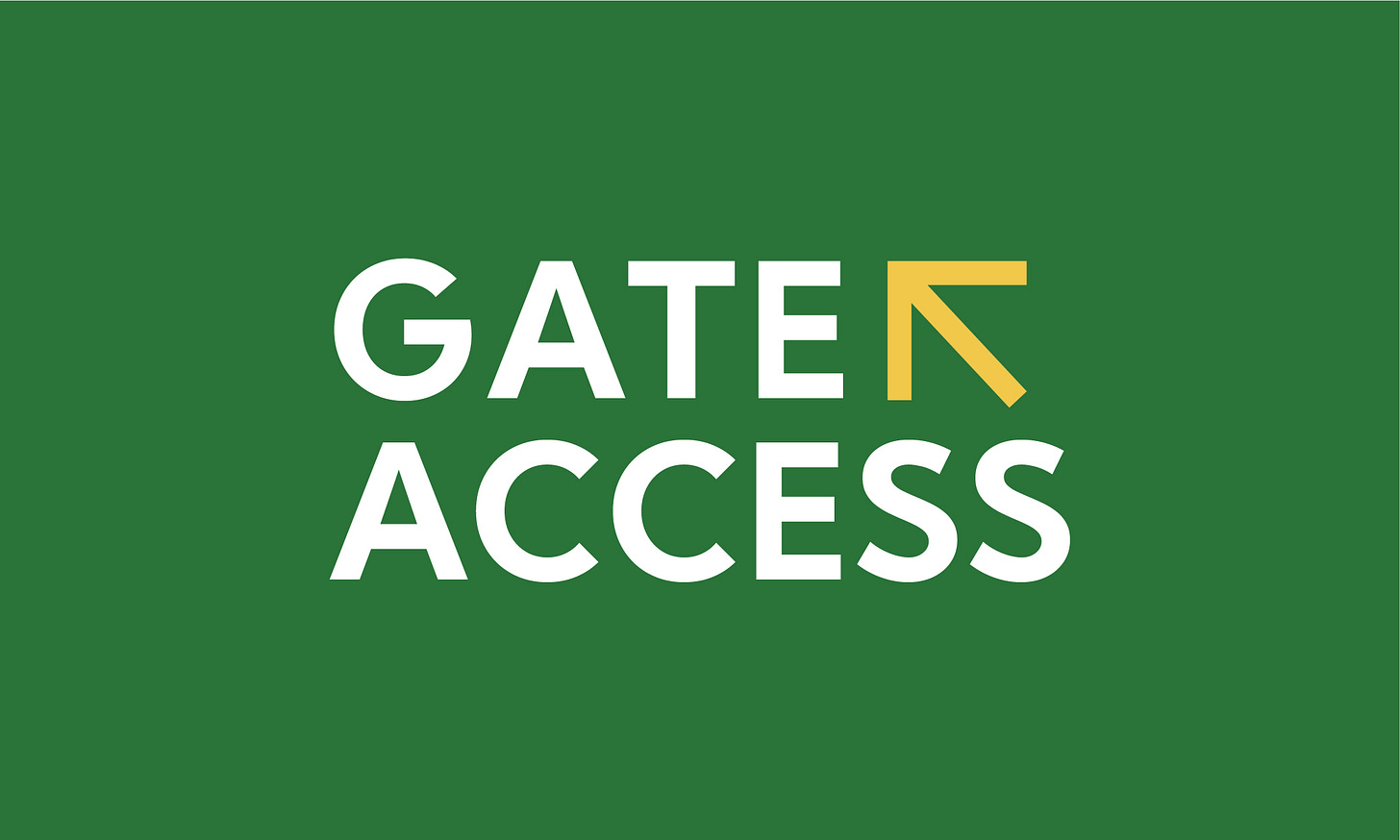Delayed? Here Are 5 Situations Where the Airline Owes You
Read today's edition of Gate Access • March 26th, 2025
Happy Wednesday. By now, you’ve probably heard about the United Airlines flight that had to turn back mid-route because one of the pilots forgot their passport. What makes this story so compelling isn’t just the error itself—but how it exposes the careful language airlines use when sharing updates, especially when liability is on the line.
This isn’t the first time a crew member has made a mistake like this, and it won’t be the last.
Mistakes happen—we’re all human. But what sets this situation apart is that the pilot reportedly told passengers directly over the intercom, admitting they’d forgotten their passport. That kind of transparency is rare, and it left the airline to scramble with more carefully crafted messaging.
Let’s get into Delayed? Here Are 5 Situations Where the Airline Owes You.
—Caleb Harmon-Marshall (Harmony)/ Editor & Founder
Delayed? Here Are 5 Situations Where the Airline Owes You
Here’s the message passengers received onboard the United Airlines flight from Los Angeles to Shanghai, who were forced to turn back mid-flight.
“UA198 SFO-PVG: Your flight diverted to San Francisco due to an unexpected crew-related issue requiring a new crew. Once they arrive, we’ll get you back on your way to Shanghai as soon as possible. We sincerely apologize for this disruption and appreciate your patience.”
This message is a great example of when the airline is liable. Here’s the list:
✈️ 1. Crew Scheduling Issues or Crew Shortages
If a flight is delayed or canceled due to issues with crew availability—like pilots or flight attendants timing out, not showing up, or poor scheduling—this is considered the airline’s responsibility.
These types of disruptions fall within the airline's control, and as a result, passengers are typically entitled to certain remedies. The airline is expected to rebook affected travelers on the next available flight.
✈️ 2. Mechanical Problems with the Aircraft
When a flight is delayed or canceled due to mechanical problems or maintenance issues—excluding events like bird strikes or damage from foreign objects—the responsibility typically falls on the airline.
It’s the carrier’s duty to ensure its aircraft are properly maintained and safe for operation. In these situations, airlines are generally expected to rebook passengers on the next available flight.
If the delay extends overnight, they may also provide hotel accommodations to affected travelers.
✈️ 3. Failure to Provide a Flight Crew
Much like United’s recent passport mishap, flight disruptions caused by an airline’s failure to provide a crew—despite one being available—highlight deeper issues in operational coordination.
These aren’t broad scheduling problems but preventable breakdowns often rooted in internal miscommunication or logistical lapses. Since such disruptions are within the airline’s control, they bear full responsibility for accommodating passengers, providing timely updates, and, in many cases, offering compensation.
✈️ 4. Aircraft Swaps or Equipment Changes
When an airline swaps out one aircraft for another—often replacing a larger plane with a smaller one—it can lead to passengers being involuntarily bumped or delayed due to reduced seating capacity.
These equipment changes are typically operational decisions made by the airline and fall under its responsibility. If you're affected and choose not to accept rebooking, you're entitled to a full refund for the unused portion of your ticket.
Additionally, under federal denied boarding rules, the airline may owe you compensation, especially if you experience significant delays as a result.
✈️ 5. Delays or Cancellations Due to Operational Mismanagement
Delays or cancellations caused by operational mismanagement—such as gate hold-ups, baggage mishandling, or miscommunication between departments like dispatch, catering, or fueling—are squarely within the airline’s control.
These internal failures can prevent a flight from departing as scheduled, leading to passenger frustration and inconvenience. In such cases, the airline is obligated to rebook affected travelers or offer a refund if the trip is no longer feasible.
For domestic flights stuck on the tarmac for over three hours, federal rules mandate compensation. Additionally, if passengers remain onboard during the delay, the airline must provide access to water, food, and restrooms to ensure basic comfort and care.
What’s in Today’s Extended Version 🫣
5 Hidden Perks Airlines Owe You When Delayed (But Won’t Tell You About)
Airlines often won’t proactively offer certain perks or reimbursements, even when they’re technically on the hook. Here are 5 less-obvious, totally valid things that passengers can request (or negotiate) when facing disruptions caused by the airline.
Going Deeper: How Did the Pilot Fly Without a Passport?
This is the million-dollar question that I’m shocked many publications aren’t diving deep into because this is the root of the problem. Read my take!
Keep reading with a 7-day free trial
Subscribe to Gate Access to keep reading this post and get 7 days of free access to the full post archives.



